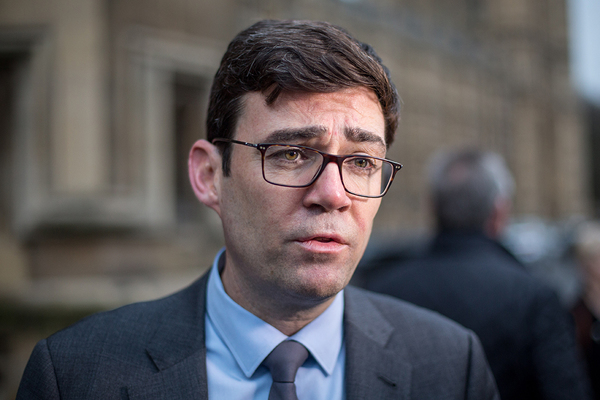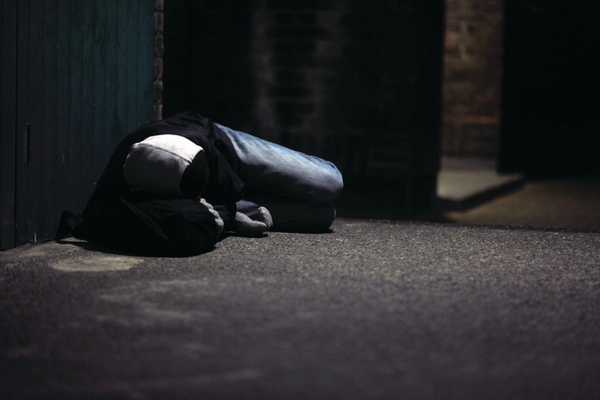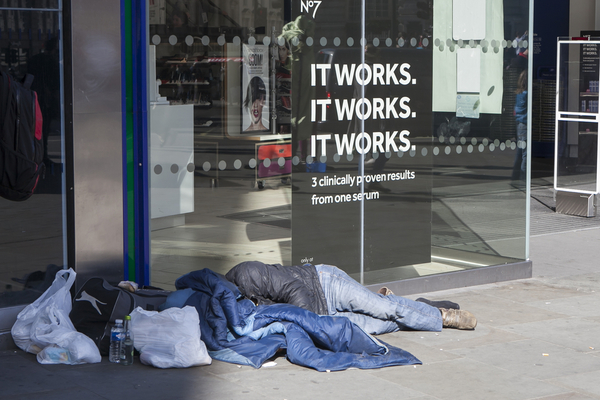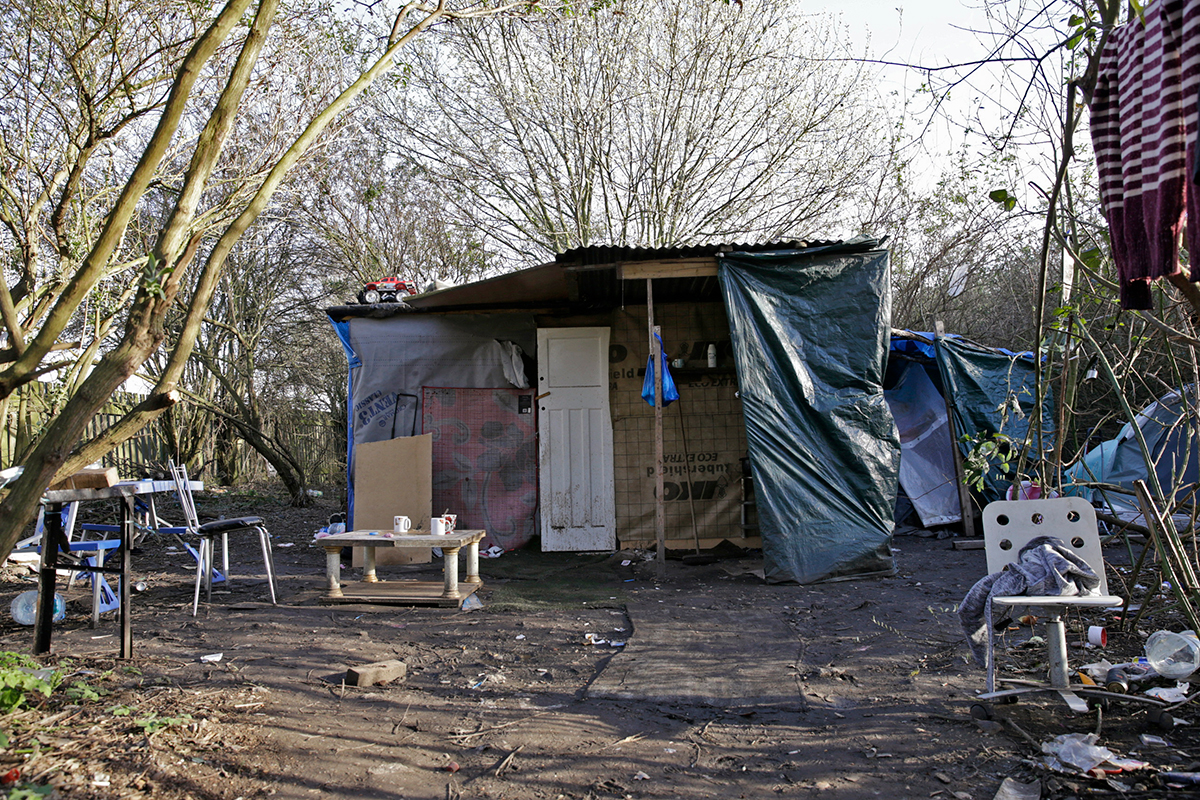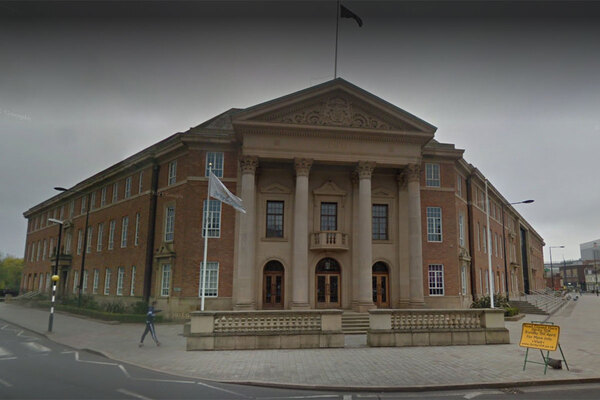You are viewing 1 of your 1 free articles
Social impact bond ‘significantly reduced’ rough sleeping, report finds
A £5m social impact bond “significantly reduced” rough sleeping in London over a two-year period, a government-commissioned report into the pilot has concluded.
The four-year pilot was commissioned by the Greater London Authority and was aimed at entrenched rough sleepers.
Homelessness charities St Mungo’s and Thames Reach were paid on a payment-by-results basis to help 830 rough sleepers.
The help provided was focused around key workers giving personalised support to rough sleepers and providers were paid for the results they achieved in relation to five objectives:
- Reducing rough sleeping
- Finding long-term accommodation
- Helping rough sleepers return to their home country or another area in UK
- Improving employability
- Getting a job or improving health
Social investors received a return on their investment dependent on the results achieved.
The rough sleepers in the programme were “significantly more likely” to completely stop sleeping rough than those not in the programme, the report concluded.
The programme was recently criticised by campaign group Corporate Watch for paying homelessness charities to help the government send rough sleepers back to their home countries. Homelessness charities emphasise that reconnections are always undertaken on a voluntary basis with support put in place to help people remain settled when they have returned home. There were 394 rough sleepers in the programme who were from outside the UK and 114 non-UK nationals were reconnected with support to their home countries within two years of the programme starting. After six months 83 had remained in their home countries
After two years the mean number of contacts with rough sleepers was 9.2 compared to 13.9 for those rough sleepers who were not part of the programme – known as the control group.
The report estimated that around 3,900 rough sleeping episodes were avoided as a result of the programme.
Nearly half (40%) of those rough sleepers in the programme did not sleep rough at all in the two years after the start of the programme, compared with 33% of the control group.
More than a third (37%) of the group moved into long-term accommodation within two years of the programme’s start, compared with just 7% of the control group.
